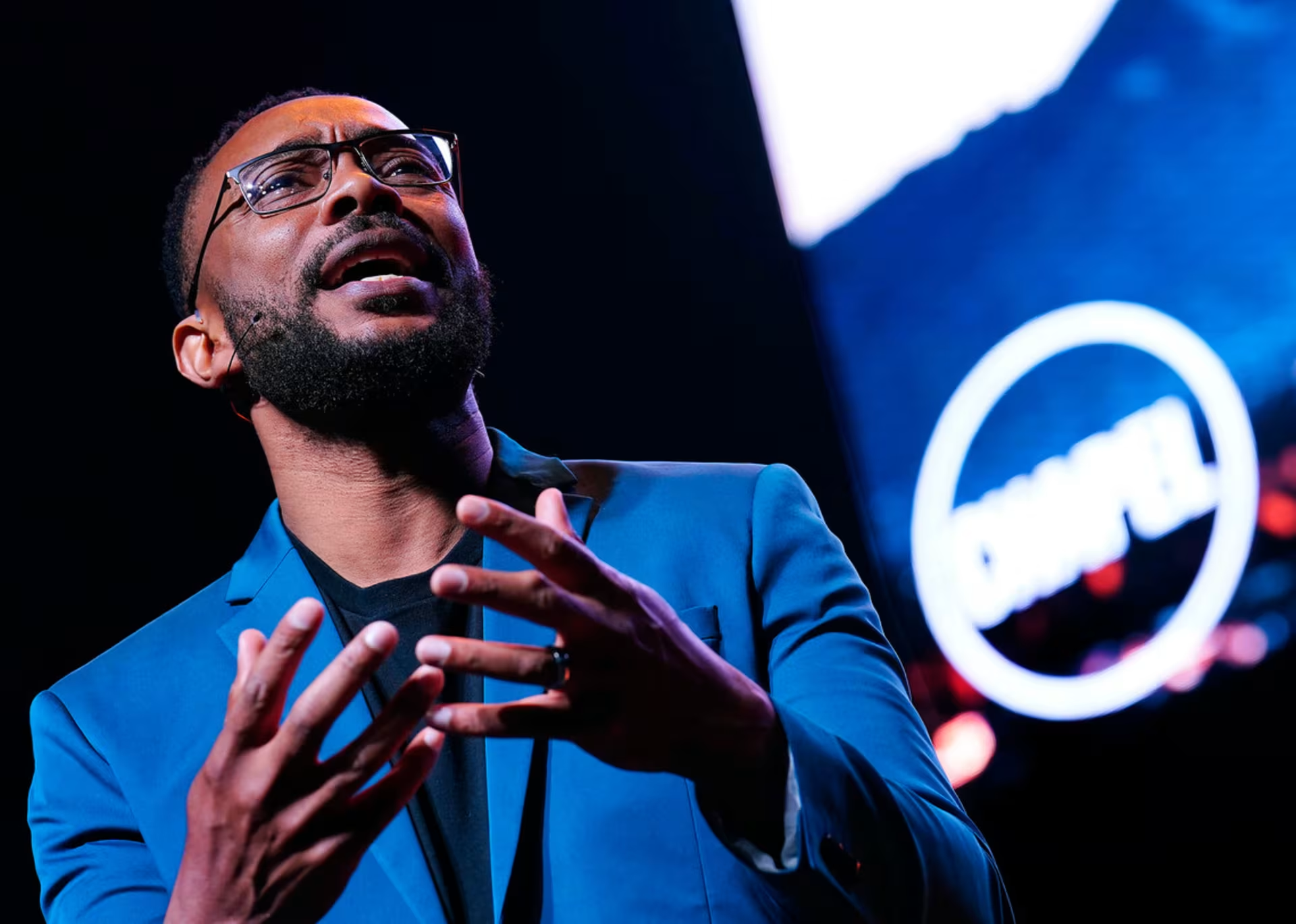In order to model the value of evangelical unity to students, the faculty at Grand Canyon Theological Seminary are careful to make key distinctions in their teaching and classroom interaction.
Theologians and other Christian leaders have long distinguished between doctrine that is absolutely essential to the Christian faith and other teachings that, although important, are not fundamental to Christianity.
Essential doctrines are those core teachings that distinguish Christians from non-Christians and must be believed in order for one to be a genuine follower of the Lord Jesus. These teachings include the doctrine that Jesus is fully God and fully human, that He died on a cross in the place of sinners to secure salvation for all who believe and that He was raised again to life.
Similarly, the church has insisted that all who know God in truth affirm the doctrine of the Trinity and regard salvation to be a matter of grace that is granted through faith in Christ. Denial of essential doctrine represents a denial of the Christian worldview.
Nonessential teachings are significant because they safeguard the integrity and health of essential doctrines and because they derive either directly or indirectly from the teaching of Scripture. Examples include the form and meaning of baptism, the organization and governance of the church, qualifications for ministers, styles of worship music and the timing of Christ’s return in relation to other events of the last days.
Christians frequently disagree about various nonessential teachings, but disagreement about these doctrines does not amount to a denial of the faith. In other words, those who disagree on matters that are not absolutely essential to the faith, while affirming core doctrines, have in no way ceased to be genuine brothers and sisters in Christ.
Grand Canyon University is an interdenominational Christian university. To learn more, visit our website or contact us using the Request More Information button at the top of the page.






